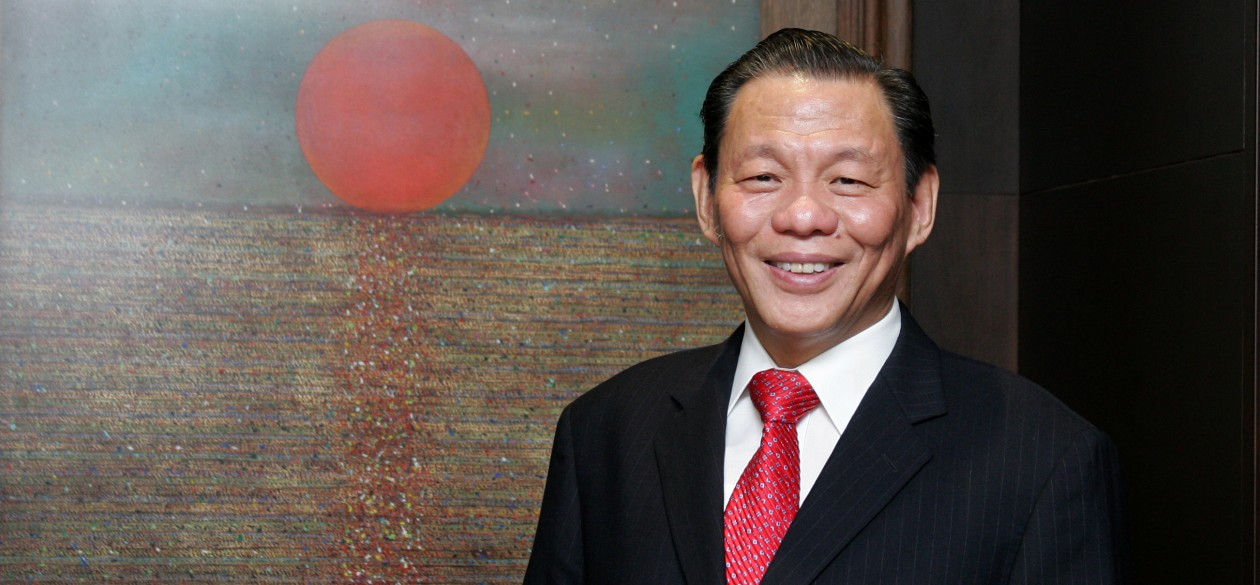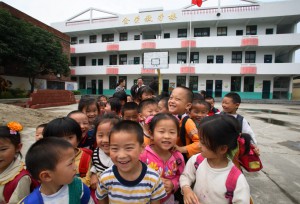Pacific Oil & Gas Brings Hands-On Science to China’s Children

One of the RGE Group of companies established by Indonesian businessman Sukanto Tanoto, Pacific Oil & Gas focuses its operations on developing new sources of energy to respond to the increasing need among people across Asia. In addition, the company follows its CEO’s lead in emphasizing environmental stewardship. Mr. Tanoto has built his corporate philosophy around the three-fold principle of doing good for the company, the community, and the country. In the operations of Pacific Oil & Gas in Xiamen City, China, the firm has worked to fulfill its corporate social responsibility goals by giving schoolchildren a fun and engaging way to learn about energy.
In the “Little Electricity Generator” and the “Little Paper Maker” activity programs, primary school-aged students get the chance for some hands-on learning, courtesy of volunteers who work for East Asia Power Xiamen (EAP), a PO&G subsidiary. The children, who attend classes in Xiamen City’s Xiang’an District, learn basic facts about the nature and uses of electricity, and receive a closer look at how gas- and steam-driven generators work. By putting together their own gas-steam model, they draw insights into EAP’s methods for generating clean power to supply their homes and communities. This participatory way of learning has proven so enjoyable and fun that the students often cheer with delight as they watch their mini-generators light up a bulb.
Over the last few decades, educational research has confirmed what numerous experienced teachers already knew: that hands-on activities strengthen students’ ability to pick up new concepts and to remember what they have learned. As a traditional Confucian proverb says, “I hear and I forget. I see and I remember. I do and I understand.”
When students engage in educational activities that emphasize active creation and exploration, they are more likely to feel a sense of mastery and accomplishment. Such “learning by doing” group activities also even the playing field for less affluent students, because every child in the class participates in the same experience and can contribute equally to discussions.




Leave a comment